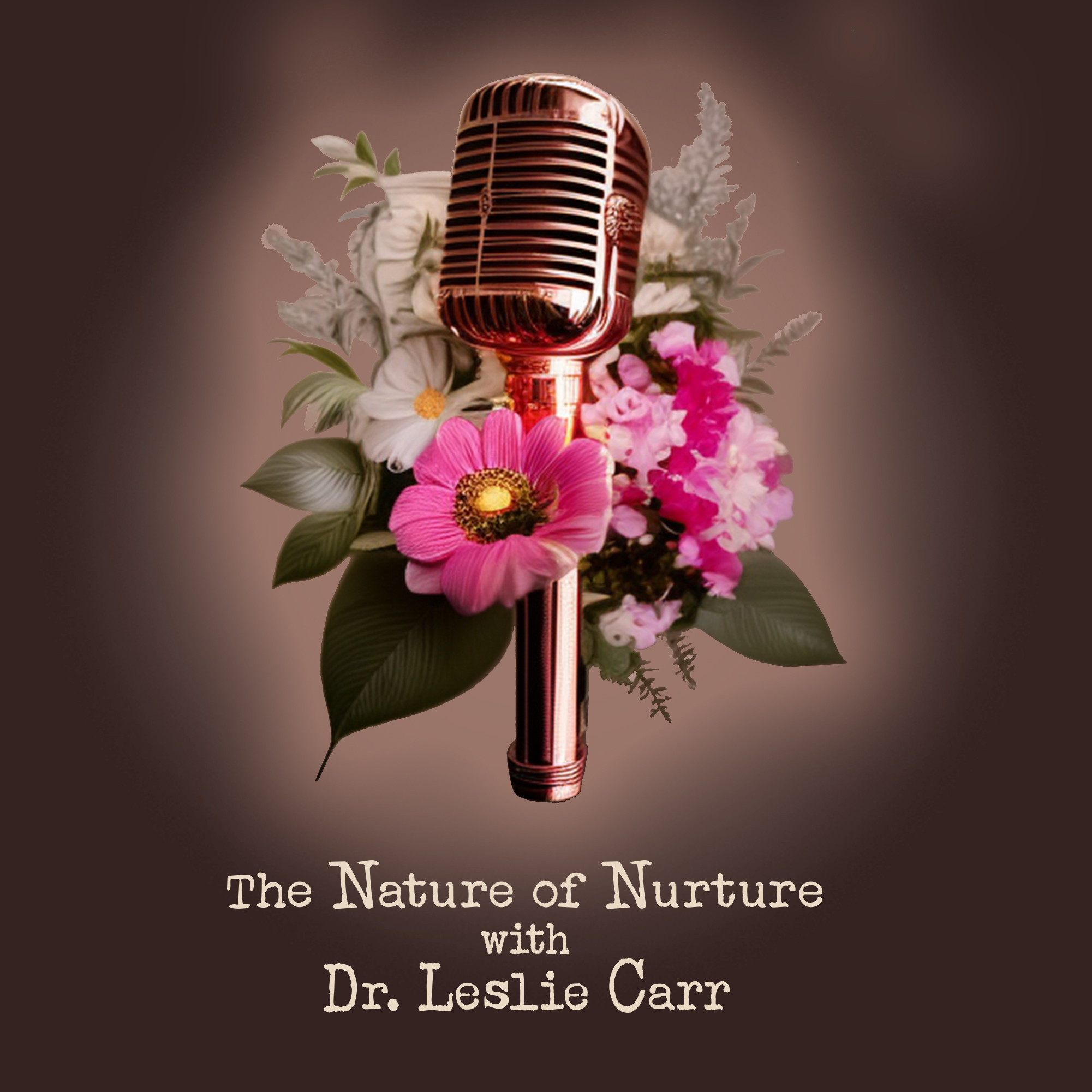When it comes to therapy we have plenty of excuses for why we don’t want to give it a shot — at least Not Right Now. It “costs too much,” we “don’t have the time,” we can “take care of things on our own,” etc. At the same time, however, I see a real hunger for growth and change at this point in history. We’re reading self-help books, working with life coaches, and attending “transformational workshops” in record numbers, and that really says something about our craving for personal development.
Regardless of what we desire – internal shifts, self-understanding, to undo or explore behavioral patterns – therapy has a long track-record of being revolutionarily helpful. So what is this resistance, exactly? Why would we rather read a book (a book that may be helpful but is nonetheless generalized to people who are not us) than seek out direct help on an individualized basis from someone with a lot of training in how to facilitate our personal growth?
It seems, from my vantage point, that there’s a lot of fear behind this resistance. As a therapist and therapy-advocate, I’m passionate about transforming the way that we think about this stuff, so I’m going to list and address the top five reasons why I think that people avoid therapy, even if it could benefit them. If I leave something out please tell me in the comment section. I’d love to hear from you.
The Fear
- The myth of mental illness: Many people believe that therapy is only for people with mental health problems (whereas, say, coaching is for people who are working toward thriving), and that simply isn’t true. This is perhaps the most pernicious and damaging belief about therapy, but the truth is that therapy has been used as a tool for personal growth since its inception. Furthermore, it’s a myth that there’s even a separation between the processes that bring us from “sickness” to health, and from health to self-actualization. We’re all human beings, and the work that we do to better ourselves is more universal than you’ve perhaps been led to believe.
- Fear of the unknown: If you’ve never seen a therapist before you might be curious about giving it a try, but avoid it simply because you don’t know what to expect. This is a very common and natural fear, but it’s usually not as scary as it seems once people give it a shot! Humans have a tendency to fear the unknown, but that doesn’t mean that the unknown is bad. That said, some people do have negative experiences with therapists, and I always encourage people to listen to their instincts when they’re working with someone new in this capacity. If something in your gut is telling you that the connection you’re making isn’t the right one for you – Next! There is no obligation for you to work with the first therapist you find. Similarly, if you’ve tried therapy before and had a bad experience – please trust that it can be different. I apologize on behalf of all therapists if you found a bad egg, and I hope you’ll find the courage to try again.
- Fear that we’re going to be judged for what we reveal: This is such an understandable sentiment, but therapists aren’t here to judge you. Truly. In fact, a lot of the training that a person undergoes to become a therapist is specifically designed to help that person explore and understand their judgements and to keep them in check. My training, personally, was invaluable to me in terms of seeing how we’re all here just doing our best. That said – similar to what I wrote above, if you do feel judged, listen to that voice. My hope is that you’ll say something, because it’s important to be honest about how you’re experiencing your therapist (after all, maybe he or she really isn’t judging you and it just feels that way: if you don’t speak up, how will you know?), but if you really can’t work it out, it might be time to mosey on.
- Fear of what we’re going to reveal! This concern is often unconscious, but it’s significant. Many people who are deeply avoidant of therapy are afraid of what they’ll hear themselves say outloud – what they’ll say about how they really feel, about what they want out of life, about their real thoughts on a subject that have been largely hidden from consciousness. To be brutally honest it’s a somewhat valid concern, in the sense that any kind of real change requires courage and an honest assessment, but in a cost/benefit analysis I’d have to say that it’s worth it. If you thought that the only thing standing between you and the life you truly want was your own willingness and ability to look at the truth of your life unflinchingly, wouldn’t you want to rip the blinders off? Yes, it can be scary, but the dog’s bite is not as big as his bark.
- Fear that we’re going to change: Ah, the irony, right? We think we want change, but we fear it at the same time. We fear that if we get into therapy and explore our interior worlds that we’re going to have to act on what we learn about ourselves, and to a certain extent that’s true: When we change, the systems around us tend to change as well. Usually after we do some personal work we’re less willing to put up with things that we may have overlooked in the past (other people treating us badly, for example, or for getting less than we deserve). This is actually a good thing, but sometimes before the revolution we cling to the “devil we know.”
The Truth
My hope is that by naming these feelings that I’ll take the power out of them, but I’m not going to sugar coat it: Of course there are reasons to resist personal change and to maintain the status quo. Change takes courage, but sometimes there comes a day when the risk of growth outweighs the discomfort that we feel when things stay the same.
Living the life we truly want to live is not for the feint of heart, but this is true no matter what path we take.
Real growth, and lasting change, is possible – but you’re probably not going to find it in a book.
What are you waiting for?


















